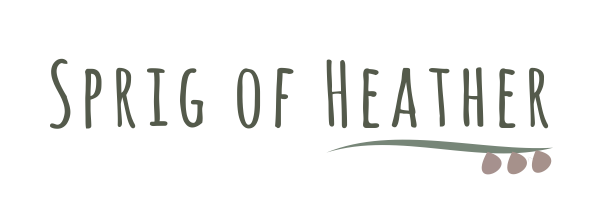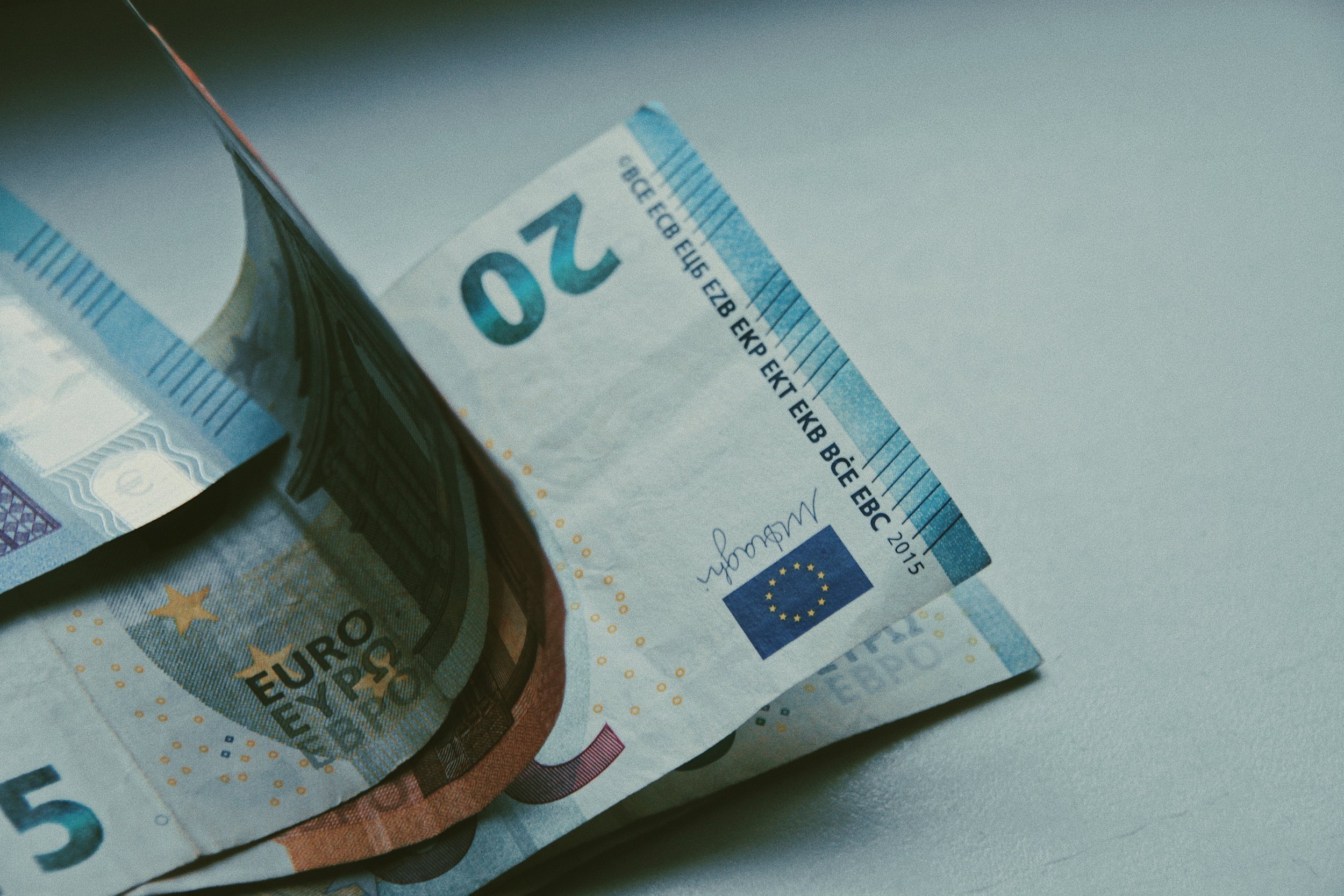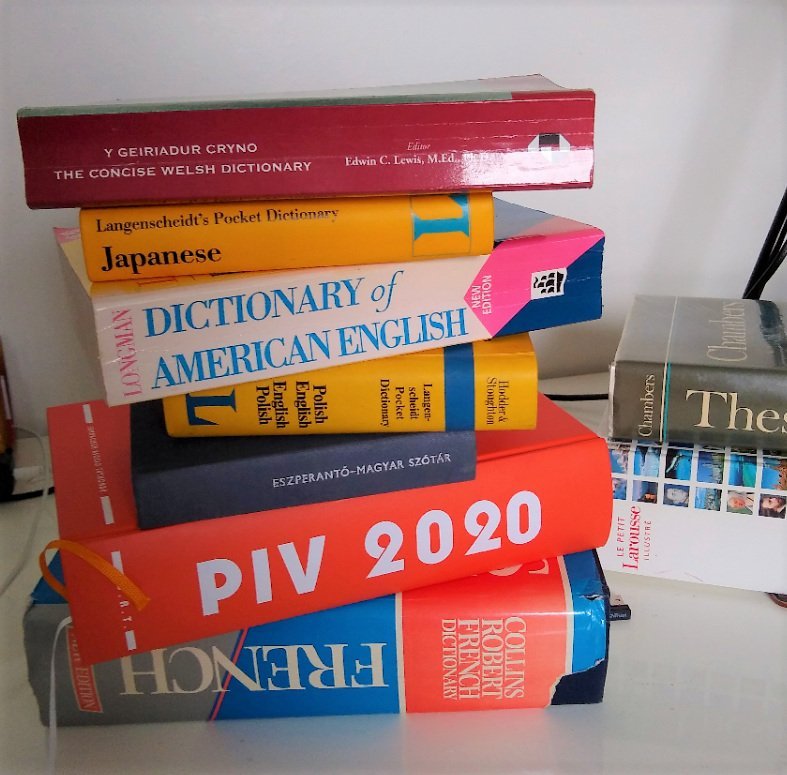How much will my translation cost?
Shopping with my mother when I was a child, she taught me a firm (though not always helpful) lesson. If it doesn’t have the price on it, we can’t afford it.
While that might have been somewhat shaky financial education, it does make a point. Before we buy – whether a product or service – we want, and need, to know what something costs.
All professional translators should give you a clear quotation for their work before you commission them to translate your documents, but how do you know what to expect and whether their price is fair?
Here’s my short guide to how translation pricing works:
1. HOW TRANSLATION IS PRICED
Translators use various models for pricing their work:
Per word – This is a traditional pricing model for European languages. You’ll pay a price per word of your original document.
Per line/per page/per character – for some languages, translations are often priced per ‘standard line’, per ‘standard page’ or per character of the original document (e.g. such as when the original document is in German – which generally has longer words than English).
Per hour – sometimes a translator will give you a ‘per hour’ price with an estimate of the number of hours required. This can be a fair way of pricing when a lot of additional research is required.
Per project – a ‘per project’ price is often more appropriate for you and your translator, for example if you need a combination of translation and design or a ‘package’ price for a website translation, etc.
2. FACTORS THAT IMPACT PRICING
The Language
Don’t be surprised to discover that there are different prices for translating different languages. For example, English into Japanese translation will generally cost more than French into English translation. Factors influencing these price variations include the availability/scarcity of translators and the particular challenges involved in translating certain language combinations.
I translate French into English and Esperanto, and English in and out of Esperanto. If you need another combination contact me and I’ll put you in touch with one of my trusted colleagues who will be able to help.
The translator
Qualifications
Quality costs. As in most fields, you’ll pay more for a properly qualified and accredited translator. But can your business really afford for you to settle for less? Useful questions to consider are:
Is your translator qualified, not just in the languages they speak, but in translation itself?
Do they belong to a professional association (such as the Chartered Institute of Linguists or the Institute of Translation and Interpreting) and adhere to their codes of practice?
Does your translator do regular Continuing Professional Development activities to keep their language, translation and business skills up to date?
Location
Translators who live in countries where the cost of living is low will often be able to charge less for a translation. If you’re tempted by this, make sure that you check a couple of things. Is the translator qualified/experienced enough to be entrusted with your business document? Are they bound by a code of conduct? Do they have the correct confidentiality policies and data protection in place? And if they don’t live in a country where the language they’re translating into is spoken, what are they doing to make sure that their language and business skills are up to date?
The Document
Length
The longer the document, the more it will usually cost. Sometimes we’ll be able to give slightly discounted rates for some types of longer documents.
Terminology
As we translate, we’re checking and verifying terminology as we go along. Even when we’re working in our specialist fields, we are constantly checking and verifying our use of words. Sometimes if your document has particularly specialised terminology, we’ll have to spend more time on research and often this means that we will need to charge a slightly higher rate. This is why I’ll ask to see a sample of the document before giving you a quotation, to make sure that it is accurate and fair for us both.
Format
If your document is in an unusual format, or has lots of images or complicated layout, the work may take longer and the cost may be higher.
Deadline
Very tight deadlines that mean a translator has to work outside of their normal working hours will often incur a higher rate.
3. MY PRICES
When you ask me to quote for a translation, I like to give you clear information, so that you can make an informed decision about whether I’m the right translator for you. I’ll look carefully at every text that you need to have translated and give you a detailed quotation showing cost and deadline.
I will usually give you a ‘whole project’ price for your translation. This helps us both to budget accordingly throughout the process of working together. Don’t forget to follow me on social media to find out about the various promotions that I offer throughout the year.
If you need specialist business and tourism proofreading, prices start at £40 per hour and I will always give you an accurate estimate and maximum price before starting work.
READY TO TALK?
Hopefully that’s given you some background information about how translators will price your project. You’ll find that qualified translators who follow professional codes of practice will always be happy to answer all your questions when you’re wondering whether to place work with them. Don’t be afraid to ask!


